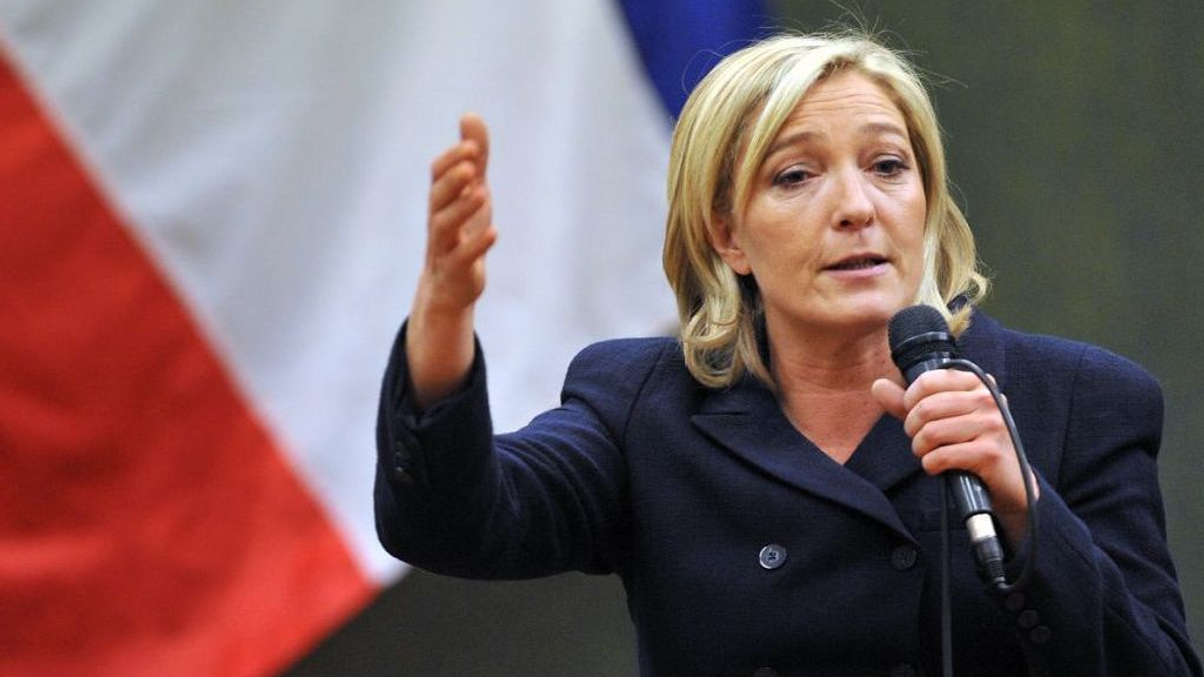Fears of a French catastrophe may be overblown
Investors are worried about the risk of a Marine Le Pen victory in France's upcoming election. But Brexit reveals that economics often trumps politics when it comes to asset movements.

The Netherlands, France and Germany all go to the polls this year – in that order – but the middle election most preoccupies those in Brussels. What, Europe’s bureaucrats fret, will happen if France picks Marine Le Pen, the leader of the right wing National Front, as its next president?
Sign in to read on!
Registered users get 2 free articles in 30 days.
Subscribers have full unlimited access to AsianInvestor
Not signed up? New users get 2 free articles per month, plus a 7-day unlimited free trial.
¬ Haymarket Media Limited. All rights reserved.


